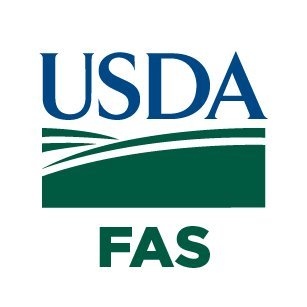About the Project
The project brings expertise from Texas A&M University to bear on the evaluation of issues in the USDA’s Learning Agenda for Food for Progress projects, structured analysis of secondary data, and econometric analysis, in addition to high-quality systematic reviews of priority topics. Data collection and research methodologies are proposed to address issues related to quality standards for market access and the effects of their adoption, risks in agriculture and the evaluation of instruments to mitigate them, and in-depth analyses of the effects on local economies of commodity monetization. The project team is represented by economists with extensive backgrounds in developing economies and in both qualitative and quantitative evaluations.
The approach of the Borlaug Institute and Texas A&M University for the research activities to strengthen the ability of Food for Progress projects to achieve the principal objectives of improving agricultural productivity and expanding trade of agricultural products in developing countries. Following the emphases of the USDA Food for Progress Learning Agenda, a major but not exclusive integrating focus of this work is value chains and their effectiveness and sustainability. The approach also includes linkages among different value chains, individual components of value chains, and cross-cutting issues such as culture and demographics. The value chains analyzed under these activities will be diverse and some will have been subjects of international projects under multiple agencies.


